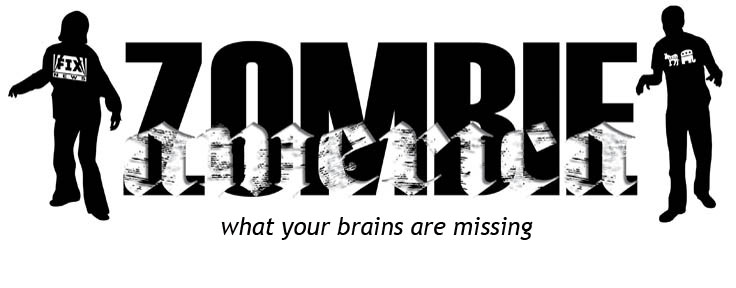Cognitive dissonance is an uncomfortable feeling caused by holding two contradictory ideas simultaneously. The "ideas" or "cognitions" in question may include attitudes and beliefs, and also the awareness of one's behavior. The theory of cognitive dissonance proposes that people have a motivational drive to reduce dissonance by changing their attitudes, beliefs, and behaviors, or by justifying or rationalizing their attitudes, beliefs, and behaviors. Cognitive dissonance theory is one of the most influential and extensively studied theories in social psychology.
Dissonance normally occurs when a person perceives a logical inconsistency among his or her cognitions. This happens when one idea implies the opposite of another. For example, a belief in animal rights could be interpreted as inconsistent with eating meat or wearing fur. Noticing the contradiction would lead to dissonance, which could be experienced as anxiety, guilt, shame, anger, embarrassment, stress, and other negative emotional states. When people's ideas are consistent with each other, they are in a state of harmony, or consonance. If cognitions are unrelated, they are categorized as irrelevant to each other and do not lead to dissonance.
A powerful cause of dissonance is when an idea conflicts with a fundamental element of the self-concept, such as "I am a good person" or "I made the right decision." The anxiety that comes with the possibility of having made a bad decision can lead to rationalization, the tendency to create additional reasons or justifications to support one's choices. A person who just spent too much money on a new car might decide that the new vehicle is much less likely to break down than his or her old car. This belief may or may not be true, but it would likely reduce dissonance and make the person feel better. Dissonance can also lead to confirmation bias, the denial of disconfirming evidence, and other ego defense mechanisms.
Source
skip to main |
skip to sidebar
Table of Contents
- Bohemian Grove (1)
- Brainwashing (1)
- Cognitive Dissonance (1)
- COINTELPRO (1)
- Conspiracy Theory (1)
- Council on Foreign Relations (1)
- Dialectic (1)
- Disinformation (1)
- Divide and Conquer (1)
- Doublespeak (1)
- Doublethink (1)
- Esoteric (1)
- Eugenics (1)
- Exoteric (1)
- False Flag (1)
- Federal Reserve Bank (1)
- Free (Freedom) (1)
- Georgia Guidestones (1)
- Groupthink (1)
- Ignoratio Elenchi (1)
- Insurrection Act (1)
- Mind Control (1)
- Nano-Thermite (1)
- New World Order (1)
- Patriot (1)
- Plutocracy (1)
- Posse Comitatus Act (1)
- Problem Reaction Solution (1)
- Project For a New American Century (PNAC) (1)
- Propaganda (1)
- Provocateur (1)
- Psychological Operations (PSYOP) (1)
- RAND (1)
- Skull and Bones (1)
- Stockholm Syndrome (1)
- Straw Man (1)
- Terrorist (1)
- The Art of War (Sun Tzu) (1)
- The Great Game (1)
- Topics Defined (1)
- Trilateral Commission (1)
- Tyranny (1)
- World Government (1)

.jpg)
